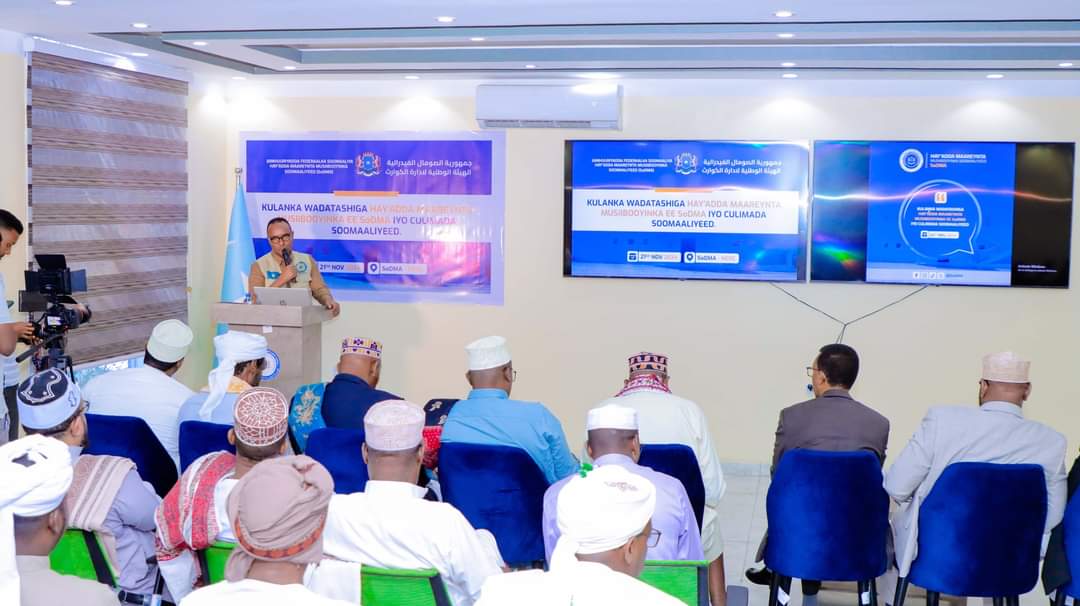Implications for Western Foreign Policy
By Ethiopia Hagere
Nearly four decades ago, Somalia “pioneered” the phenomenon of state failure in the Horn of Africa. Sudan seems to follow suit in the 2020s, with Ethiopia in line to be the third.
All three countries straddle two critical geo-political and geo-strategic corridors, namely the Suez Canal entrance – Red Sea Lane – Bab el Mandab exit and the Nile Headwaters -Mediterranean Terminus corridors. The three countries are thus linked to North-east Africa and the Greater Middle East. This geostrategic real estate has been one of the critical hotspots where the Cold War was played out and likely the coming Cold War between the West (US/EU-Japan) and China/Russia will be fought out. Due to the geostrategic importance of these countries, authoritarian and totalitarian regimes have been directly propped up by one or the other of the two Blocs of the Cold War or undermined by proxy wars conducted via religious or ethno-nationalist secessionist forces.
It is to be recalled that during the Cold War, initially, the Soviet Union was an ally of Somalia (under Siad Barre) and the West (US and Western Europe, and Japan) supported Ethiopia (under Emperor Haile Selassie). Following the 1974 Revolution that saw the overthrow of the monarchy, however, the Soviet Union switched sides and threw its weight behind Mengistu’s Communist brutal military dictatorship in Ethiopia. Similarly, the West changed sides and supported Siad Barre’s military dictatorship in Somalia. Neither Block was seriously worried about the legitimacy of the regimes they propped up.
Somalia failed as a state following the collapse of the Siad Barre regime and has not recovered since then, over four decades now. Once a failed state, Somalia has been hosting al-Shabab (that exports terrorism across the region) and Sea Pirates (that threaten maritime trade in the Indian Ocean adjoining the Horn of Africa).
Ethiopia ‘miraculously’ survived state failure in the wake of the ousting of the brutal Mengistu Haile Mariam regime in 1991. However, one cannot take Ethiopia’s continued stability for granted. The recent civil war in the North (Tigray) which cost over a million lives and billions of dollars’ worth infrastructure destruction, not to speak of human suffering, has clearly demonstrated the futility of uncritically propping up authoritarian, corrupt client regimes, as the TPLF-led regime in Ethiopia was. The current Ethiopian government is increasingly morphing into an authoritarian regime that has ironically adopted wholesale the manipulative and corrupt policies of its predecessor and is stoking interminable war among the eighty plus ethnic groups inhabiting the country. There is no reason that present-day Ethiopia’s stability could not be as fleeting as that of Sudan’s.
Sudan had alternated between West-friendly (General Jafar el Numeri) and Islamic fundamentalist authoritarian (General Omar Bashir) regimes. Sudan has been a scene of decades-long ethno-religious civil war in Darfur and in the South. Sudan’s authoritarian regimes have been variously propped up by regional powers from the Gulf, Turkey, Saudi Arabia, Egypt and also China. Yet as the tragedy of the last two weeks have demonstrated, Sudan is on the brink of irreversible state failure. Two generals, propped up by opposing patrons, that includes Gulf States, Egypt, and Russia, are waging full-scale war in the middle of Khartoum, a city of some 8 million people, as well as in other parts of the country.
As shown by the above cases, propping up corrupt and oppressive authoritarian regimes with significant economic, financial, and diplomatic support is ultimately a zero-sum game. For one, these Horn of Africa countries’ efforts to build accountable, transparent, and democratic governance regimes has been shortchanged. Second, as a result, the opportunity for these countries to build resilient economies and sustained growth is foreclosed. These Horn of Africa countries are increasingly failing to provide basic living conditions and hope to their burgeoning populations and adapt to severe Climate Change and global economic shocks the region will face.
Experience elsewhere, such as in Afghanistan, Iraq, Libya, has shown that failure to appreciate the risk that state failure poses to, first and foremost, to the US/West and to global peace and security, has already cost a lot. Failed States are magnets and breeding ground for rogue non-state actors such as political terrorists, smugglers, drug traffickers, illicit finance, and mercenaries of all sorts. The captive population within failed states, exhausted from wars, extortions, murder, and rape, is amenable to welcome any intervention regime that promises and/or provides any semblance of public order, safety, and security, no matter how oppressive and totalitarian the regime might be.
Failed States in the Horn of Africa provide ample opportunity to install and prop up a client state, which any non-democratic authoritarian global power will seize to preposition itself for the coming New Cold War, if that Cold War has not already started. Speaking of the next Cold War, the Horn of Africa will be as vital as the Middle East and East Asia for Western interests.
Therefore, it is in the best interest of the West to arrest and reverse state failure in Sudan and mitigate the impacts in Somalia. It will also be in the interest of the West to halt state failure in Ethiopia in the short window of opportunity available. It is in the self-interest of the West, more so of the US, to craft a foreign policy for the Horn with the long-term in mind, to be pursued consistently over time. The West needs to craft a new Horn of African foreign policy that is faithful to its democratic and humanistic ideals and traditions that will not be shortchanged for short-term expediency! The West needs to urgently address the emerging and likely domino effect of failed states in the Horn!









